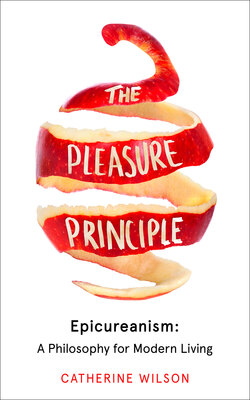Читать книгу The Pleasure Principle - Catherine Wilson - Страница 21
The Story of Humanity
ОглавлениеThe human beings who lived on earth in those early days were far tougher than we are … [T]hey were not easily affected by heat or cold or unaccustomed food, or any physical malady. During many lustres of the sun revolving through the sky, they lived random-roving lives like wild beasts … What the sun and rains had given them, what the earth had spontaneously produced, were gifts rich enough to content their hearts.
Lucretius
Although they belonged to the highly developed civilisations of ancient Greece and Rome, the ancient Epicureans were fascinated by the recognition that human beings had not always lived in cities or practised farming, industry and commerce. They were aware that their ancestors had formerly lived in families and tribes with little political organisation. They understood that they had only later come together into federations, empowered kings and magistrates, and enacted laws and systems of punishment for offences and crimes. Relying on the manuscripts of Epicurus, as well as on the knowledge of his contemporaries about the distant past, Lucretius thought deeply about the origins of civilisation, and in the fifth book of On the Nature of Things he narrated the story of humanity, drawing important conclusions about technological progress, human happiness and political oppression that deserve our continued attention.
